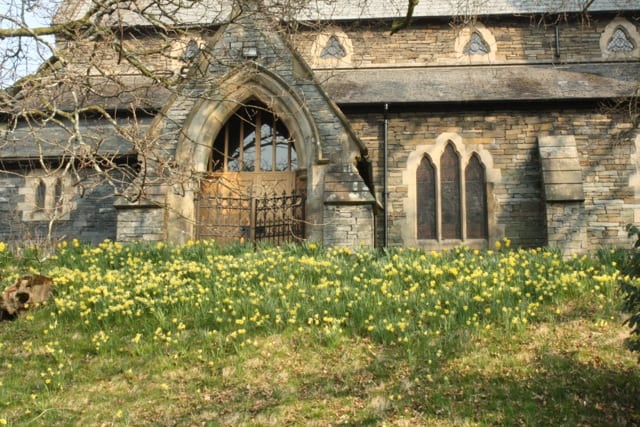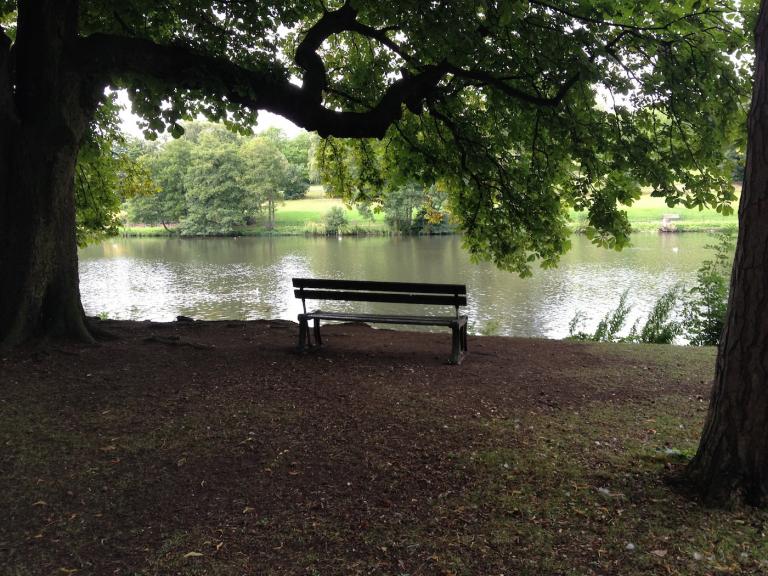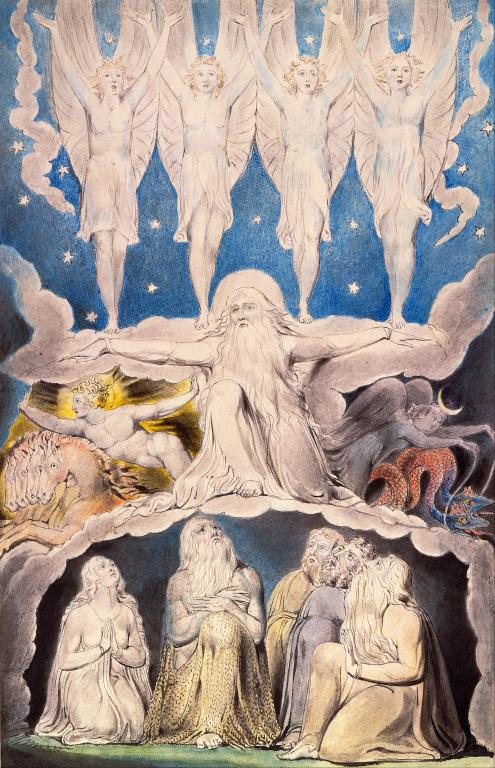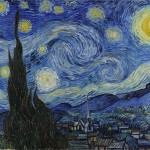Ordinary Time
22 February 2019
The Edge of Elfland
Concord, New Hampshire

Dearest Readers,
Even as I write this, it is snowing outside. Yet my mind has, of late, been wandering to old walks and wilds and woods. Thus, in my first official, or first full, poetry letter, I am thinking about William Wordsworth’s lovely, “I wandered lonely as a cloud”.
The poem is written about a region of England known as the Lake District. I am told that the Lake District contains the largest lake in all of England and second in the UK (Scotland has a bigger one) as well as the largest peak in all of England and second in the UK (Scotland wins here too). Twice was I fortunate enough to visit and stay in the Lake District. I went once with just my wife and once with her parents. Wordsworth is not the only literary lover of this region. Many have written about it. Beatrix Potter visited often as a child and ultimately bought a home there. Many of her most famous stories are set in the Lake District.
Things in England are generally green year round thanks to ample rain fall and a median temperature of 65. But in the Lake District this especially true, particularly in Spring. And this is precisely the setting of Wordsworth’s poem. He imagines himself first as a cloud, viewing a host of daffodils from above. The lovely yellow flowers are, “Fluttering and dancing in the breeze.”
But, the poet tells us, we are not to imagine a paltry presentation of these flowers. They are, “Continuous as the stars that shine/And twinkle on the Milky Way.” I find this simile evocative. After all, the poem begins, presumably in the daytime when such visions of dancing flowers can more easily be seen. And yet now Wordsworth compares them to a vision only visible at night. So now we’ve brought the stars down and turned them into daffodils. But more happens. As the poem unfolds, the waves begin dance but are out done. All of creation, it would seem, is bound up in these lovely little flowers.
Yet the poet does not, at first, understand the totality of what he has seen. “I gazed––and gazed––but little thought/What wealth the show to me had brought.” The last stanza reveals the lasting effect of this vision:
For oft, when on my couch I lie
In vacant or in pensive mood,
They flash upon that inward eye
Which is the bliss of solitude;
And then my hear with pleasure fills,
And dances with the daffodils.
Wordsworth never says precisely what he understands from this dancing, what truth has been revealed. Rather, he focuses on the experience itself and how, when held before the mind’s eye, the memory causes his heart to dance with the daffodils. He dances with those daffodils who out-danced the waves of the lake, who are as numerous as the stars in the sky above.
I have seen the daffodils in Spring, in the Lake District. It was too early for the massive fields of them Wordsworth experienced, but they were there nevertheless. And my memory too causes my heart to dance with them, to wander among them, to counted among them. After all, I am one of the spiritual descendants of Abraham, who are also as numerous as the stars in the sky. The movement of those stars dictates the seasons here when daffodils rise and fall. And I too am moved by them, as they are moved by Love.
Sincerely,
David Russell Mosley











